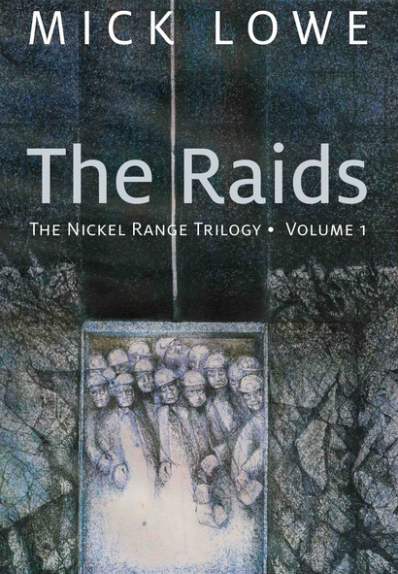The National Post is Canada’s second largest national paper.
The jaw-dropping rally in nickel prices shows no signs of slowing. At least not yet.
When the Indonesian government introduced an export ban in January that severely curbed nickel supply, industry insiders predicted it would have a profound effect on the market. But they were largely ignored by the investment community, which had little interest in nickel after nearly three years of dismal performance by the metal.
In retrospect, the insiders were right. Nickel prices have soared more than 50% since the export ban came into effect. Prices rose more than 5% at one stage on Monday, climbing above US$9.50 a pound. That is the best level since early 2012.
“We’re cheerleading this morning,” said Rick Mark, chairman and chief executive of North American Nickel Inc. “I was amazed to see it up another 30 cents. It’s remarkable that we’ve had two 30-cent days in the space of three or four days.”
Indonesia is responsible for roughly 28% of global nickel mine production. The export ban on unprocessed ore is part of an effort to encourage more value-added processing within the country.























